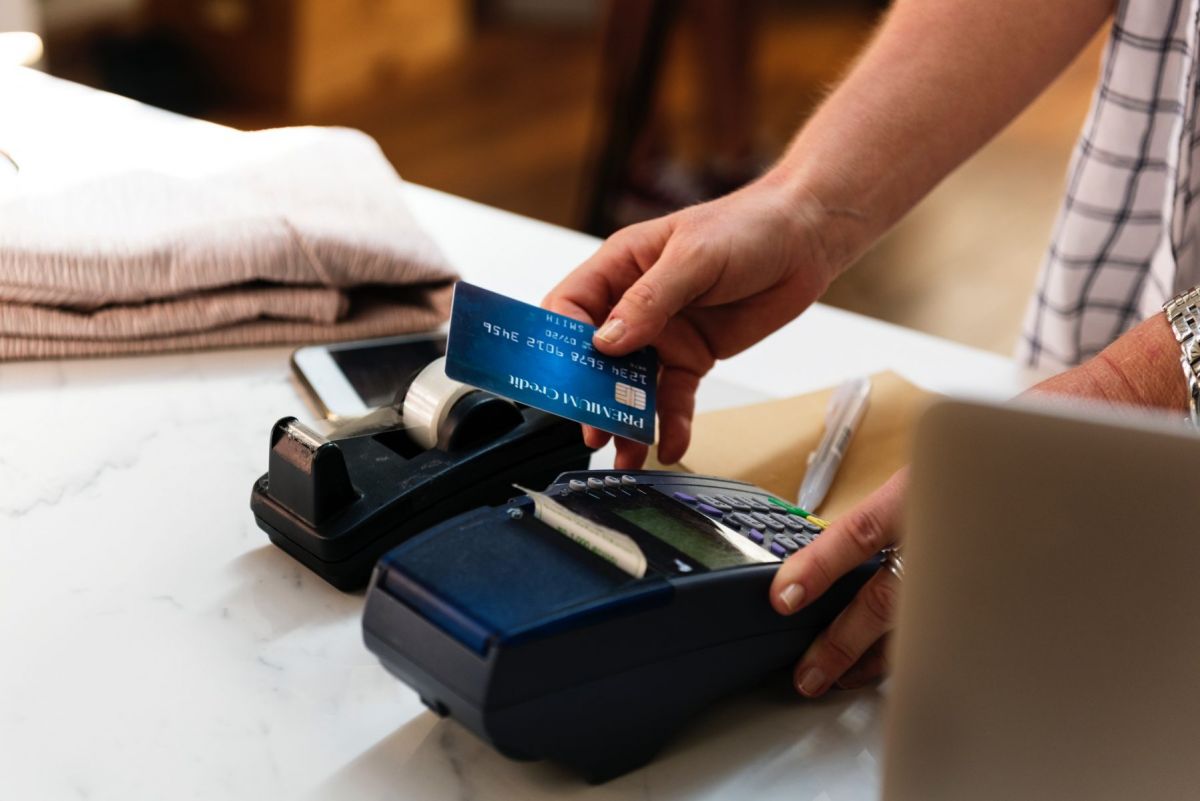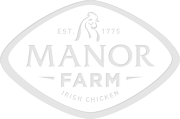Fiona Mc Mahon, Insights & Planning Specialist, Bord Bia – Irish Food Board
Increasing environmental pressure, rise of protectionism and rapid urbanisation around the world is driving a global lifestyle trend towards more responsible living. One manifestation of this trend is increased expectation in supply chain transparency where consumers expect brands to have a net positive impact within their supply chain (Consumer Lifestyle trends, 2018). How are we seeing this play out in Irish consumers?
Research commissioned by Bord Bia The Thinking House (conducted by Coyne Research) over 2017 and 2018 has highlighted a significant increase in consumers regarded as ‘Conscious’ consumers in Ireland. This influx brings the consumers deemed ‘Conscious’ or ‘Concerned’ to nearly half the adult population in Ireland. The ‘Conscious’ consumer makes up the vast majority of this group and is that person defined as ready to pay more for quality and health and use quality symbols to confirm quality/health. It is mainly 25+ year olds that are driving this trend suggesting this trend is not just isolated to the younger generations.
The growth in ‘Conscious’ consumers are mainly displacing those deemed to be ‘Confident’ in their ability to navigate quality, price & safety without quality symbols. Coyne reports ‘The willingness to pay more for quality/health is most likely heightened by the plethora of food labels/logos that are now in the market ‘claiming’ to be Irish/quality. Shoppers are now much less likely to be Confident – as they were a year ago’. (Quality Mark Campaign Evaluation Research, 2018)
So what for Irish food and drink in Ireland? The Bord Bia Quality Mark is the most recognisable food label in Ireland and highly associated with trust and quality presenting an obvious opportunity to companies wanting to deliver trust and transparency to their consumers (Quality Mark Brand Health Check, 2018). In addition to using food labels, Mintel make three recommendations to companies in response to this trend (Mintel ‘Full Disclosure’, 2018);
1. Build consumers’ trust – Today’s consumer is becoming more sceptical so companies need to go beyond brand stories and share more complete details about their ingredients, production processes and supply chains
2. Do not be shy about sharing but keep labels clean – Give consumers more while keeping it simple and comprehendible
3. Be forthcoming with details – not providing the ability to access granular details about ingredient sources, farmers and environmental commitments could be viewed as having something to hide

